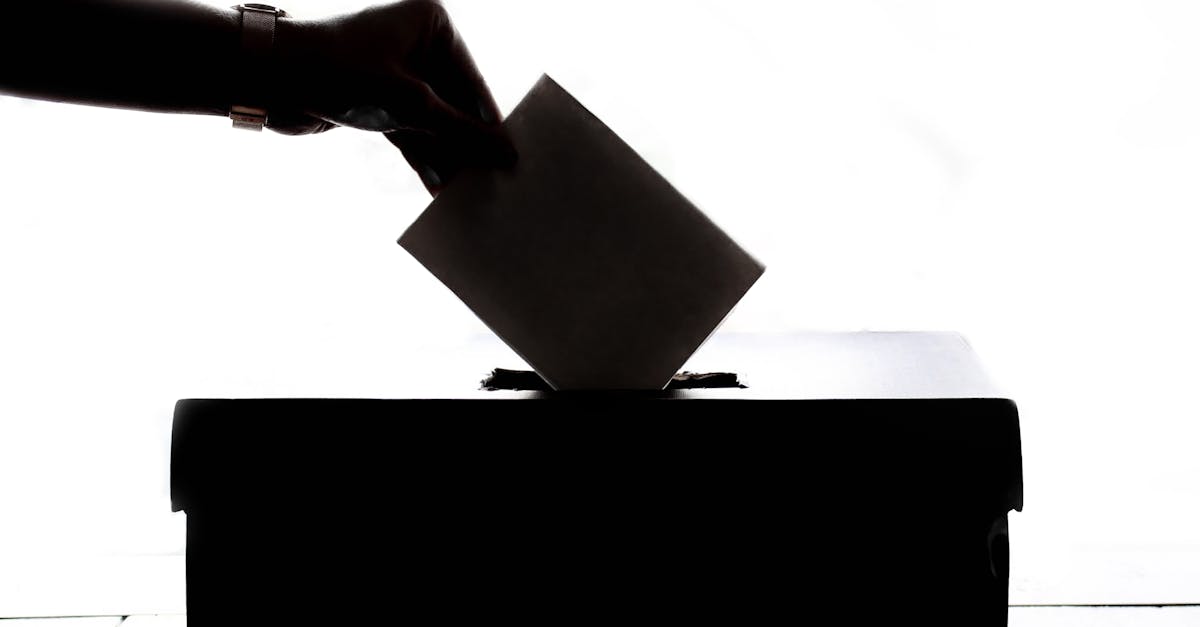
In the realm of education, teacher performance is often scrutinized as a critical factor in shaping the learning experiences of students. While traditional schools typically follow set procedures and assessment metrics to evaluate teacher effectiveness, a growing number of unconventional public schools across the globe are redefining these standards. This article delves into the peculiar world of weird public schools, shedding light on how they approach and assess teacher performance through the lens of international, American, legal, and taxation perspectives.
**Embracing Unconventionality**
Weird public schools have gained attention for their unique approaches to education. From Waldorf schools in Germany to Montessori schools in the United States, these institutions often operate outside the norm, experimenting with innovative teaching methods and alternative assessment practices. In this environment, the evaluation of teacher performance takes on a distinct character, departing from traditional benchmarks such as standardized testing and academic achievements.
**International Insights: Diverse Approaches to Teacher Assessment**
In a global context, various countries have adopted diverse strategies for assessing teacher performance. For instance, Finland, known for its top-performing education system, emphasizes teacher autonomy and trust in educators’ professional judgment. On the other hand, countries like South Korea prioritize rigorous evaluations and professional development programs to ensure high-quality teaching. When it comes to weird public schools, the international dimension adds complexity to the assessment of teacher performance, with educators drawing inspiration from a mosaic of global practices.
**American Anomalies: Navigating Legal and Taxation Frameworks**
In the United States, the evaluation of teacher performance is influenced by a complex interplay of legal and taxation frameworks. While standardized testing remains a prevalent tool for assessing educators, alternative schools often face regulatory challenges due to divergent pedagogical approaches. Moreover, the tax-exempt status of many unconventional schools presents a unique set of considerations, particularly regarding resource allocation and accountability in teacher evaluation processes. Navigating these legal and taxation landscapes is a key concern for weird public schools seeking to uphold their distinctive educational philosophies.
**Charting the Future: Balancing Innovation and Accountability**
As weird public schools continue to push the boundaries of conventional education, the question of how to effectively evaluate teacher performance remains paramount. Striking a balance between innovation and accountability is essential for these institutions to thrive while meeting the expectations of stakeholders and regulatory bodies. By leveraging insights from international best practices, embracing the American educational landscape, and navigating legal and taxation challenges, weird public schools can chart a path towards holistic teacher assessment that aligns with their mission of fostering diverse and dynamic learning environments.
In conclusion, the evaluation of teacher performance in weird public schools offers a fascinating glimpse into the evolving landscape of education. By examining this topic through international, American, legal, and taxation lenses, we gain a deeper understanding of the complexities and opportunities inherent in assessing educators within unconventional educational settings. As these schools continue to challenge traditional norms, their innovative approaches to teacher evaluation have the potential to shape the future of education in profound and unexpected ways.







Ugh, all this talk about evaluating teacher performance in weird public schools makes my head spin. Like, can’t we just let teachers teach without all this scrutiny and assessment? I mean, sure, it’s important to make
Hey y’all, I gotta say, this topic about weird public schools and how they evaluate teachers is
Wow, this article really got me thinking about how we evaluate teachers in different schools. It’s cool to see how weird public schools are shaking things up with their unique approaches to education. It’s like they’re stepping outside the box and trying something new. I wonder how these unconventional methods will impact the future of education. It’s exciting to see innovation in action!
Hey y’all, I just wanted to drop a comment on this article about weird public schools and how they evaluate teacher
Wow, because embracing weirdness in public schools is definitely what we need to fix the education system, right? I mean, who needs standardized testing when we can just go full-on Montessori and hope for the best? Let’s just throw out all norms and regulations and see how that goes, shall we? What could possibly go wrong in this grand educational experiment?
oh man, it’s really sad to think about how some teachers in these weird public schools might be judged by standards that don’t really fit their teaching styles. like,
Wow, this is so cool and interesting! I never knew that weird public schools could have such unique ways of evaluating teachers. It’s like, whoa, mind blown! I think it’s awesome how they’re breaking away from traditional methods and trying new things. And the whole international perspective on teacher assessment is mind-boggling, right? Like, Finland trusts teachers a
Wow, these weird public schools sound totally rad! I mean, who wouldn’t want to shake things up and try new ways of teaching, right? It’s like thinking outside the
wow this is so intresting, it’s like thinking outside da box when it comes to school and teachr stuff. i lik how they look at teachrs in diffrnt ways and assess them in unique ways too. we should all learn from this and maybe evalute teachrs in new ways too. it’s like a whole
Evaluation of teachers in weird public skools is very important. Like, we need to tink about how different countries do dis and what we can learn from dem. Embr
Whoa, these weird public schools sound super cool! I mean, Waldorf schools in Germany and Montessori schools in the US? That’s some fancy stuff right there! I wonder
Well, isn’t it just great how these weird public schools are shaking things up in the world of education? Who needs traditional standards and benchmarks when you can just adopt an experimental approach and call it innovative, right? I’m sure the tax exemptions and legal hurdles are just a minor inconvenience when you’re busy reimagining the entire concept of teacher evaluation. Keep up the good work, weird public schools
OMG, this article was so interesting! I never knew that weird public schools could be so cool and different. It’s like they’re breaking all the rules, but in a good way. Teachers in these
OMG, i never knew that weird public schools are like so different in how they evaluate teachers! its like they totally think outside the box, you know? its cool that they look at things from international perspectives and legal stuff too. i guess it makes sense that evaluating teachers in these schools is complicated with all the different factors involved. but hey, innovation and accountability are
Whoa, these weird public schools are like the Willy Wonkas of education, mixing up new ways to teach and assess teachers! I wonder if they have golden tickets for outstanding educators or if they just give them extra recess time. Keep it weird, schools, keep it weird!
Wow, this article really got me thinking about how teachers are evaluated in weird public schools
Teacher performance evaluation in weird public schools is so important! It’s like, these schools are doing things
teacher preformance is so improtant in schools, but sum schools are doing things so different its weird. like these crazy schools in germany and the US with all these differnt teaching metods. and then you got finland doing their own thing and South Korea doing somthing else. and in the US
Wow, these weird public schools sound like a wild ride! Who knew teacher evaluation could be so wacky and unconventional? It’s like trying to juggle tax
Well, I think that evaluating teacher’s be real important for makin’ students learning good. I reckon that weird public schools are doin’ some interestin’ things with teachin’ and assessment that might teach us a thing or two. It’s cool to see how different countries do teacher evaluations – like Finland be trusting their teachers a lot, while South Korea be all about
its just so sad how teachers have to always be judged and evaluated and stuff. like why cant they just teach without all that pressure and
Teachrs r sooo importnt cuz they help us lurn stuff and make skool fun sumtimes. I think its cool how diffrent skools do things in